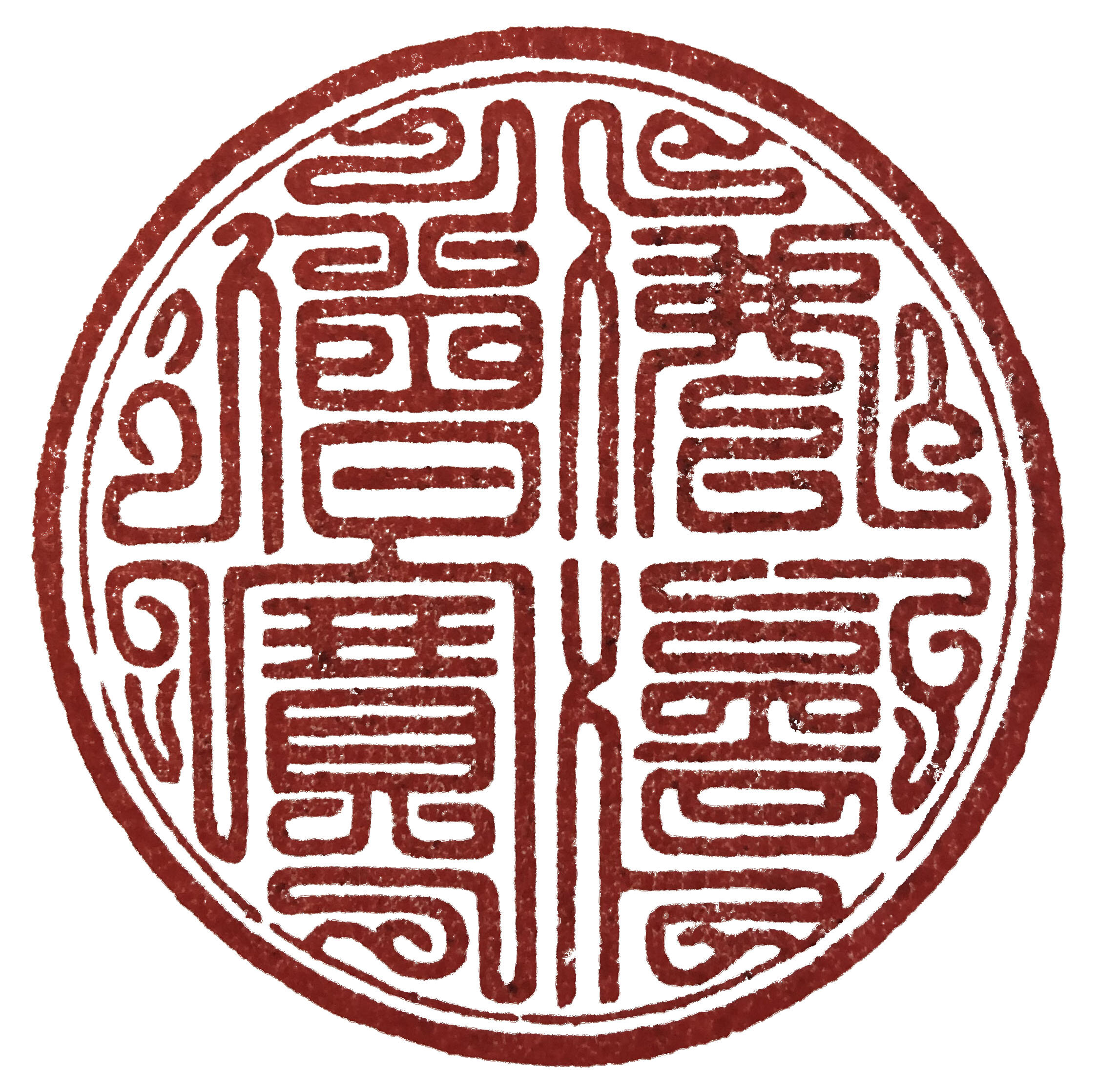Enku's Poem
見るからに遊びならも法の道心の春に花や開らん。
円空 より〜
Miru kara ni asobi nara mo nori no michi kokoro no haru ni hana ya sakuran.
Enku Yori~
From looking, even playfully, to the way of the Dharma; flowers bloom in the spring of one’s heart.
By Enku
1632–1695
This is my translation of Enku’s poem.
When I first saw the work of Enku, I didn’t very much care for it. I thought is roughly cut sculptors were too simplistic and lacked a carver’s skill. His style of hatchet carving seemed to be immature and missing the detailed mastery of the artists of the Edo period. Looking at works from his peers we can see elaborate carvings of clouds and heavenly beings in the mandorla surrounding Buddhas. Seeing the elegant robes hanging like clouds around the soft bodies of Buddhas and Bodhisattvas, seated or standing on lotus thrones, transports the devotee to the pure-land of the Buddha. Enku’s work, in my eyes, was not like this.
Yet, seeing one of Enku’s works in person while in Japan in 2015 I had an altogether different experience. I was actually quite taken by the work. I couldn’t stop looking at it. I was puzzled by this. Why now did I find Enku’s work so inspiring? Something hadn’t changed about the style. Nothing seemed to be different about this particular piece from any of the others. Maybe seeing it in person had some magical effect? No, and yes. While seeing a work in person, as opposed to a photograph can have a transformative effect on the viewer, this did not seem to be the case. So, what had changed? Well, I changed.
Seeing the simple style of Enku’s carving had shown me how difficult it is to know just where and how one should cut. Knowing before you even make the first move. Writing and talking about the Dharma can be so complicated. What is a Buddha? How does one realize their own inherent Buddha-hood? How can I explain the deep love that Buddhas and Bodhisattvas have for sentient beings suffering and thrashing about in the sea of birth and death? Enku seemed to have found a simple and profound way to do so.
The warm smiling faces of Enku’s statues have a this-worldly quality that only a bodhisattva with a deep understanding of suffering and real empathy can exude. I was even more shocked, when researching Enku’s works, to find that Enku was known to have used the faces of those he had known in his statues. Farmers in mountain villages, folk who fished, worked at inns and the compassionate faces of Buddhist nuns of his time. Enku’s deep love for human beings displayed in his carving the faces of real people reminds me of a verse in Hakuin’s Zazen Wasan-
“All beings are primarily Buddhas.
It is like water and ice:
There is no ice apart from water;
There are no Buddhas apart from beings.”
How true! I had read this line from Hakuin many times and it never had the same impact on me as that of seeing the smiling faces of Enku’s work in a new light. So, again I asked myself, what changed? Why now had such a deep appreciation developed for this priest’s work? Again it was I who changed. Experiencing my own ignorance, short-comings, mistakes, and dualistic thinking through the practice of zazen. Knowing that I put limitations on the experience of myself, Enku, carving, art, Buddhas, and Bodhisattvas.
Seeing Enku’s work before honest zazen, I was full of the idea of what his work was not. Just as I was full of the idea of what I was not. I had wanted zazen to transform me from this wreck of a suffering human being to a Buddha that was above and away from all this hurt in myself and others. I had sat for decades and nothing. I thought maybe next time…Maybe next sesshin. Something will crack, or grow. When nothing did, I thought it must be me. Maybe I’m broken? Why isn’t zazen putting me back together? Simply put, it wasn’t working because I was still subject and object sitting there separate and full of expectation. Continuing to let go of this duality, this realization, this hurt, and even THIS…Sitting like Enku’s statue.
Namu kie butsu
Namu kie ho
Namu kie so
ei Publishingから来ました。

